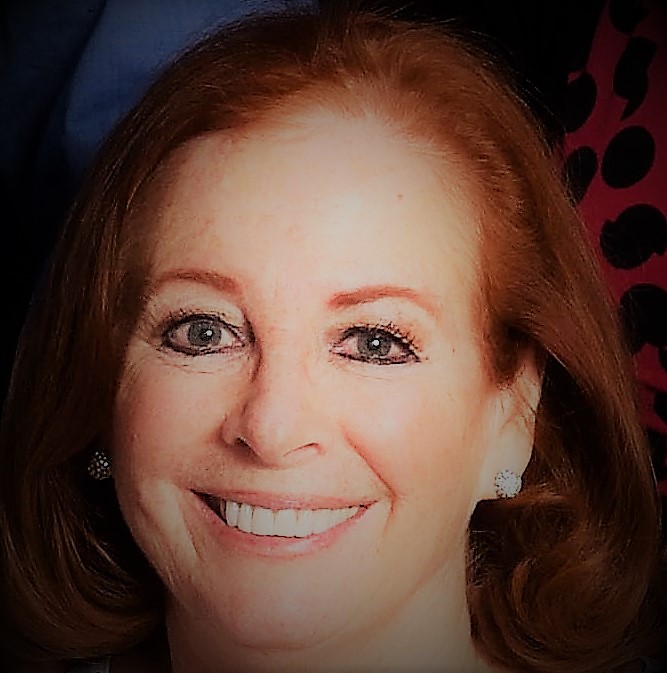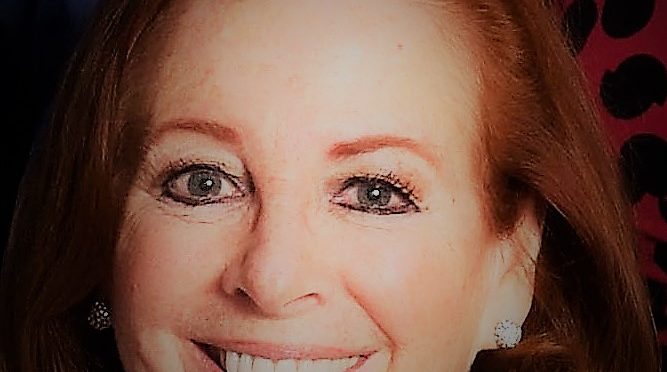
Two years ago, Kate’s mother, Ann, insisted on hosting the entire Thanksgiving meal.
That holiday, everyone knew, belonged to Kate’s sister, Paula, who had amassed plate ware for 30+ and decorated with every turkey adornment imaginable.
When Ann was reminded of such, she put her foot down. “I might be old”—65—“but I’m not that old.” This wasn’t like their mother, normally a “go-along” type person, so the decision was made. Ann would host.
Kate and her four sisters offered to bring the side dishes. No. Ann had it all under control. Fearing the worst, the girls divvied up the turkey accompaniments anyway. Imagine their surprise when Ann proudly placed her lone casserole dish in the middle of the table, nonplussed by the numerous sides, removed its lid and told everyone to dig in.
Speechless stares met the beanie-weenies soaked in barbeque sauce. When grandkids opened their mouths to comment, they were met with knee-squeezes under the table.
I was with a group of friends when the story was told. Kate is a friend of my friend, Diana, who kept repeating “Beanie-weenies” while shaking her head.
We, of course, thought the incident hysterical until Diana continued. No one knew it then, but Ann was showing early stages of Alzheimers.
Our laughter stopped as three of the six of us had deceased parents who had suffered from this disease.
Ann declined rapidly, and the following Thanksgiving, as the family gathered in Paula’s home, Ann stared into space, occasionally muttering something unintelligible but following that with a lucid memory from the past.
Her relatives showed compassion as they loved her unconditionally. Matthew 9:36 (NLT) says that “When He (Jesus) saw the crowds, He had compassion on them because they were confused and helpless, like sheep without a shepherd.”
Recently, my granddaughter, Mo, was with her parents, driving to Iowa, when they, on a whim, exited to find a restaurant advertised on a highway billboard. The restaurant was not close to the exit, but “for some reason” they drove twenty minutes, ending up at a casino where the restaurant was located.
After they ate and were leaving, Mo noticed an elderly woman in a wheelchair, alone and against a wall. Mo walked over to her and asked if she was okay. She was not. Her daughter, she said, had abandoned her thirty minutes before and not returned. Mo reassured the woman, holding her hand until the daughter appeared and received a scolding from her mother. “I can’t believe you left me and drove off!”
The daughter assured her mother that she had told her mom that she was going to the ATM machine, not outside, and that she was gone only 10 minutes. The elderly woman would hear none of it and continued to accuse her daughter. Mo pulled the daughter aside and offered to pray for her. The daughter began crying, sharing that her mother had early stages of Alzheimers and that she, the daughter, had become her mom’s verbal punching bag.
Mo told her that God was allowing her to go through this for a reason, and the day would come when she no longer would have her mother with her, but she always would know that she had been a compassionate, patient, loving daughter.
Mo prayed, the daughter gave her a long hug, and my granddaughter left.
This past week, I participated in a “Walk for Alzheimers” fundraiser in Florida where I learned that 5.8 million Americans are living with this illness, a number that is projected to nearly triple to 14 million people by 2060.
There is a good chance that we all will know someone suffering from this dreaded disease.
How will we respond? Hopefully, the same as Ann’s family. Hopefully, the way Mo did. In other words, the way Jesus did.

My great aunt had early onset at 45 … I know it runs in my family and I am afraid I will get it